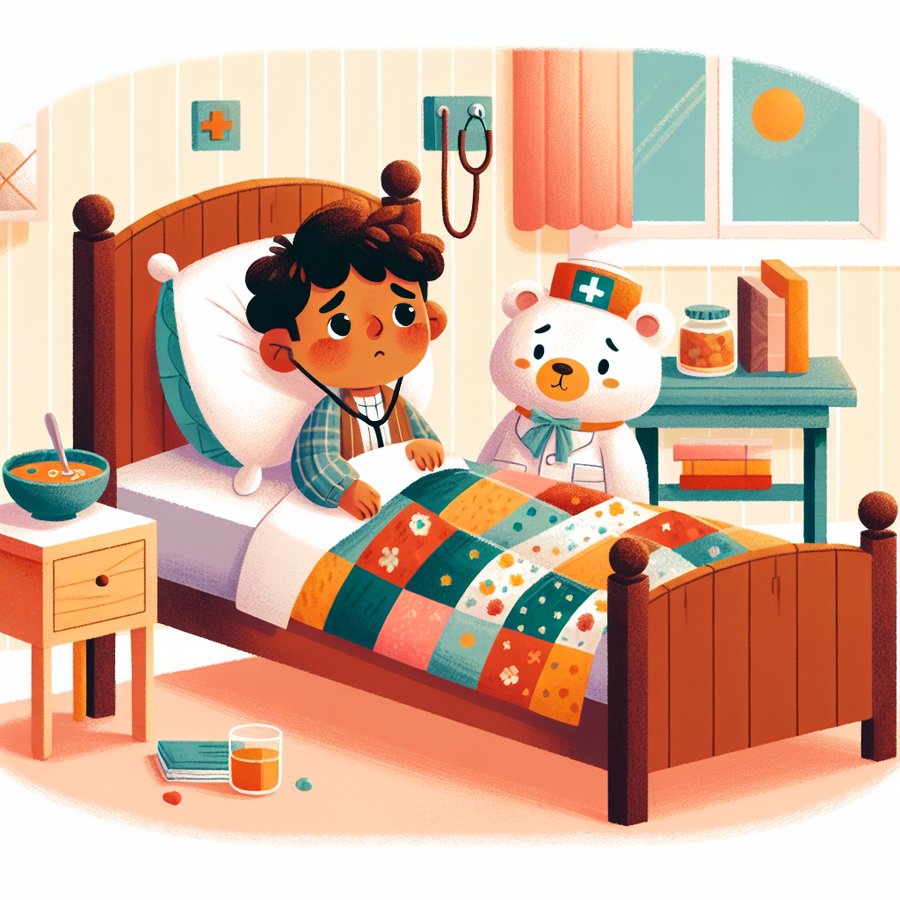Chickenpox, a common childhood illness, may cause concern among new parents. This guide delves into what chickenpox is, how to identify it, and steps for caring for a child with the condition. With the right knowledge, parents can manage chickenpox effectively, ensuring their child’s comfort and health.
What is Chickenpox?
Chickenpox is an infectious disease caused by the varicella-zoster virus. It’s highly contagious and is known for its classic symptom: a red, itchy rash that turns into fluid-filled blisters. These blisters eventually crust over and heal. While it’s more common in children, chickenpox can affect individuals of any age.
For most children, chickenpox is mild and resolves on its own. However, it can lead to complications in some cases, making awareness and proper care crucial for parents. According to the World Health Organization, vaccination is the best prevention method against chickenpox.
Symptoms of Chickenpox in Babies and Children
Identifying chickenpox early is key to managing the illness and preventing its spread. The first signs usually include fever, tiredness, loss of appetite, and a headache. These are followed by the appearance of the telltale rash, which goes through three phases:
1. Red or pink bumps (papules) appear. 2. Bumps become blisters (vesicles) filled with fluid. 3. Blisters crust over and form scabs.
The rash typically starts on the face, back, and chest, then spreads to the rest of the body. Itching can be intense, and new waves of blisters can appear over several days.
How to Treat Chickenpox at Home
While there’s no cure for chickenpox, several home care measures can alleviate symptoms and prevent infection complications:
– Keep your child’s fingernails trimmed to prevent scratching, which can lead to scarring. – Use calamine lotion or a cool bath to soothe itching. Oatmeal baths are also effective. – Ensure your child stays hydrated by offering plenty of fluids. – Dress them in loose, comfortable clothing to avoid irritating the rash.
If your child experiences severe pain, fever, or shows signs of complications (e.g., the rash becomes very red, warm, and tender, indicating a possible bacterial infection), contact your healthcare provider immediately. For most children, symptoms can be managed at home, and they can recover comfortably with minimal intervention.
Preventing Chickenpox
The chickenpox vaccine is a safe and effective way to prevent the disease. It’s usually given in two doses, with the first dose administered between 12-15 months of age and the second dose at 4-6 years of age. Vaccination not only protects your child from chickenpox but also reduces the risk of severe complications.
If you’re unsure whether your child has been vaccinated or if they’re eligible for the vaccine, consult your healthcare provider. They can offer guidance based on your child’s health history and vaccination schedule. For more information on chickenpox and vaccination, visit our detailed article on Chickenpox Vaccination: What Parents Need to Know.
When to See a Doctor
If your child shows signs of chickenpox, it’s generally advisable to contact your healthcare provider for advice. This is especially important if:
– Your child is under 6 months of age. – They have a weakened immune system. – They exhibit signs of complications, such as fever above 102°F (38.9°C), difficulty waking up or confusion, difficulty walking, stiff neck, vomiting, or difficulty breathing.
Early medical intervention can prevent complications and provide your child with relief. Your healthcare provider may recommend antiviral medication if your child is at higher risk of severe chickenpox.
Living with Chickenpox: Tips for Parents
Having a child with chickenpox can be challenging, but with the right approach, you can ensure their comfort and quick recovery. Here are some additional tips:
– Keep your child home from school or daycare to prevent spreading the virus. – Offer soft, easy-to-eat foods if mouth blisters make eating painful. – Use over-the-counter antihistamines to help with itching, but first, consult your healthcare provider for recommendations suited to your child’s age and health.
By understanding chickenpox and taking proactive steps in care and prevention, you can safeguard your child’s health and well-being. For further reading on related topics, check our articles on Eczema in Babies, Febrile Seizures, and Vaccinations: What Parents Need to Know.













